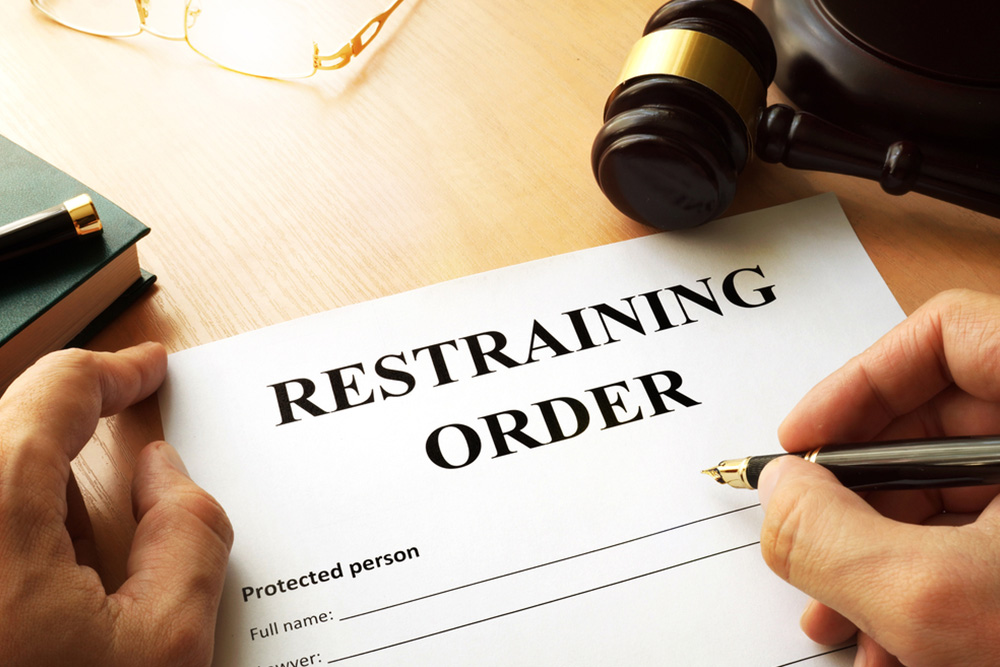What Is Legally Actionable Domestic Violence? Part 2 of 2

The Legal Definition of Domestic Violence
The legal definition of domestic violence is purportedly found in Family Code Section 6211. Though the statute is entitled Domestic Violence Defined,” it actually provides more of a list of who can commit domestic violence against you than the actual definition of abuse. According to Family Code Section 6211, “Domestic Violence” is “abuse” perpetrated against any of the following persons: a current or former spouse a current or former cohabitant; a current or former boyfriend/girlfriend; a person with whom one has had a child; a child of a party; any other person related by blood or marriage within the second degree. In other words, there has to be some type of close personal relationship that would allow one to gain coercive control of the other.
Needless to say, Family Code Section 6211 does not define “abuse” as used in that statute. “Abuse” as used in Family Code Section 6211 is defined by Family Code Sections 6203 & 6230, which together list the following actions as actionable abuse sufficient to warrant a Domestic Violence Restraining Order: molesting, attacking, striking, stalking, threatening (physically), sexually assaulting, battering, credibly impersonating, falsely personating, harassing, telephone including but not limited to making incessant unwelcome or annoying telephone calls, destroying personal property, or disturbing the peace of the other party.
Keep in mind that “disturbing the peace” is a generally amorphous term and may be considered a somewhat unsuccessful catchall tacked on by the legislature. If, for example, your significant other came home drunk at 2:00 a.m. but did nothing to harm or threaten violence to you, he may have awakened you and made you angry, thereby “disturbing your peace” – but it is unlikely to warrant a restraining order.
Take Action.
If you feel you are in a verbally, emotionally, socially, or spiritually abusive relationship, talk to a licensed counselor – preferably a Marriage and Family Therapist (MFT). Many marriages with the above precursors of legal abuse can benefit by even one party seeking therapy and sticking with it; alternatively, a good therapist can help you end that type of relationship without violence. A qualified MFT can guide you through these pitfalls – but, if your therapist tells you that you should seek a restraining order… Listen to him or her, and contact an experienced family law attorney who practices regularly in your local courthouse.















